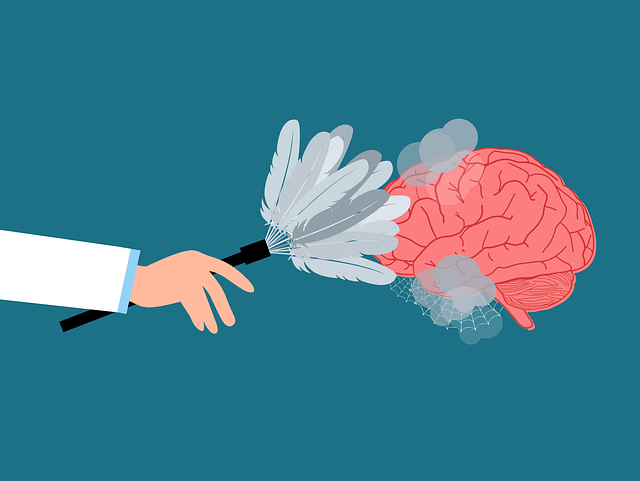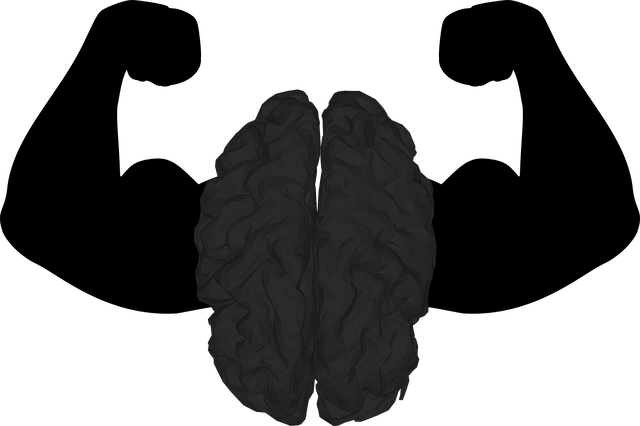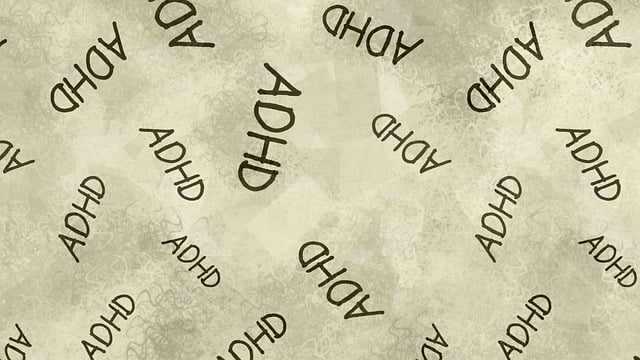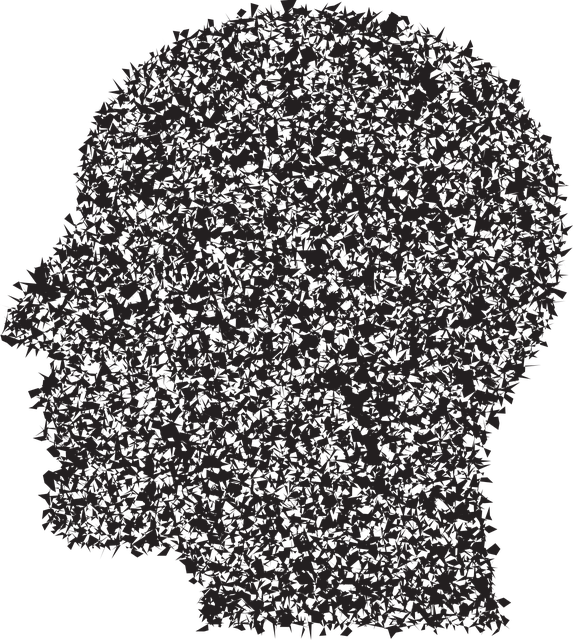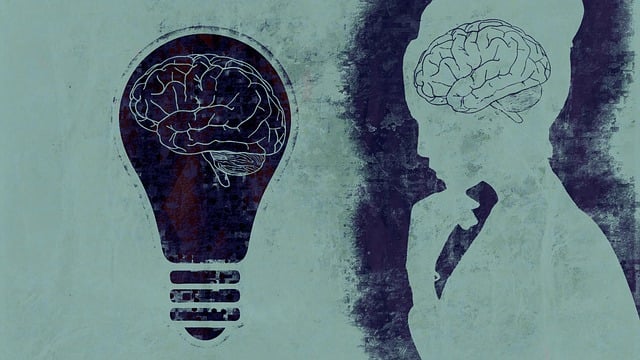The rising substance abuse rates among Hebrew-speaking elders highlight the need for specialized interventions, such as Therapy for Elders Hebrew Speaking. Aging brings unique risks of addiction, often disguised as self-medication. These programs offer tailored support through evidence-based therapies addressing emotional healing and cultural needs. Cultural sensitivity and effective communication are key; interpreter services and training improve care access. CBT and mindfulness practices, along with community engagement, foster recovery. By providing culturally sensitive therapy tailored to age and background, we can transform outcomes for Hebrew-speaking elders struggling with addiction.
In the context of substance abuse among the elderly Hebrew-speaking community, understanding unique risks and implementing targeted strategies are paramount. This article delves into crucial aspects of risk reduction, exploring cultural sensitivity and communication techniques, evidence-based therapy options like Cognitive Behavioral Therapy (CBT), and the power of support systems and community engagement for long-term recovery. By focusing on tailored approaches for this demographic, we aim to enhance understanding and promote effective interventions for Hebrew-speaking elders facing substance abuse challenges.
- Understanding Substance Abuse Risks in the Elderly Hebrew-Speaking Community
- Cultural Sensitivity and Effective Communication Strategies
- Therapy Options Tailored for Elders: Cognitive Behavioral Therapy (CBT) and More
- Support Systems and Community Engagement for Long-Term Recovery
Understanding Substance Abuse Risks in the Elderly Hebrew-Speaking Community

In the Hebrew-speaking elderly community, substance abuse risks often go unnoticed or misunderstood. Aging can lead to physical and cognitive changes that make individuals more susceptible to addiction, especially when coping with loneliness, depression, or anxiety. Many older adults may turn to substances as a form of self-medication without recognizing the potential consequences. According to recent studies, the prevalence of substance abuse among the elderly is rising, highlighting the need for tailored interventions.
Therapy for Elders Hebrew Speaking offers a unique opportunity to address these concerns. Specialized programs focused on this demographic can provide much-needed support and guidance. Through evidence-based practices, these therapies aim to enhance emotional healing processes and build resilience. By targeting underlying issues such as anxiety relief and addressing the specific cultural needs of Hebrew-speaking elders, therapists can facilitate effective recovery journeys, ensuring a brighter future for this vulnerable population.
Cultural Sensitivity and Effective Communication Strategies

Cultural sensitivity and effective communication are pivotal components in mitigating substance abuse risks, especially among vulnerable populations like Hebrew-speaking elders. Healthcare providers must be adept at navigating cultural nuances to establish trust and ensure accurate assessment and treatment. Many elderly individuals from diverse backgrounds may face barriers to care due to language differences, traditions, and unique perspectives on health and wellness.
Providing therapy for elders with Hebrew as their first language requires specialized approaches. Offering services through trained interpreters or implementing Healthcare Provider Cultural Competency Training can significantly enhance communication. This not only facilitates understanding but also improves self-esteem by fostering an environment of respect and mental health awareness. By embracing cultural sensitivity, we can better address substance abuse issues within these communities, tailoring interventions to meet their specific needs.
Therapy Options Tailored for Elders: Cognitive Behavioral Therapy (CBT) and More

Many Hebrew-speaking elders struggling with substance abuse face unique challenges due to age and cultural factors. Traditional therapy approaches may need adaptation to suit their needs. Cognitive Behavioral Therapy (CBT), for instance, has proven effective in treating substance abuse disorders by helping individuals identify and change negative thinking patterns. Tailored CBT programs consider the cognitive and cultural nuances of aging, addressing specific issues like memory loss or social isolation that could impede traditional therapy.
Beyond CBT, other culturally sensitive approaches, such as group therapy and mindfulness practices, can foster a sense of community and support, crucial for this demographic. Incorporating self-care practices and burnout prevention strategies tailored to their experiences can also enhance recovery. By addressing these aspects, therapists can offer more holistic care, ensuring that Hebrew-speaking elders receive the best possible treatment for substance abuse.
Support Systems and Community Engagement for Long-Term Recovery

Support systems and community engagement play a pivotal role in fostering long-term recovery from substance abuse, especially among older adults who may face unique challenges. For Hebrew-speaking elders, access to culturally sensitive therapy services can be transformative. Specialized therapeutic programs tailored for this demographic consider the nuances of their cultural backgrounds, languages, and age-related needs, enhancing the effectiveness of treatment.
Building a strong support network is crucial. Community-based initiatives that focus on emotional well-being promotion techniques can offer safe spaces for recovery. These platforms encourage peer connections, where individuals in recovery can share experiences, provide mutual support, and prevent burnout—a common issue among healthcare providers assisting with substance abuse cases. Additionally, integrating depression prevention strategies within these networks can address co-occurring mental health disorders, a significant factor in long-term addiction management.
Substance abuse among the elderly Hebrew-speaking community presents unique challenges, but with tailored risk reduction strategies, meaningful improvements can be achieved. By combining cultural sensitivity with effective communication, offering tailored therapy like Cognitive Behavioral Therapy (CBT), and fostering supportive community engagement, we can significantly enhance long-term recovery prospects for elders struggling with substance misuse. Specifically, focusing on therapy for elders Hebrew speaking and prioritizing community support systems can lead to more effective and lasting solutions.
